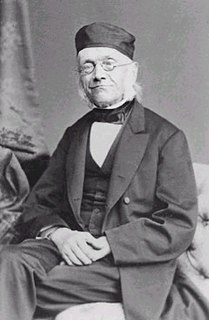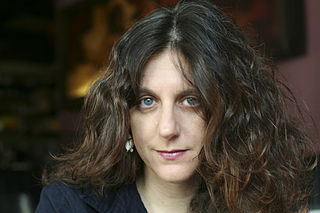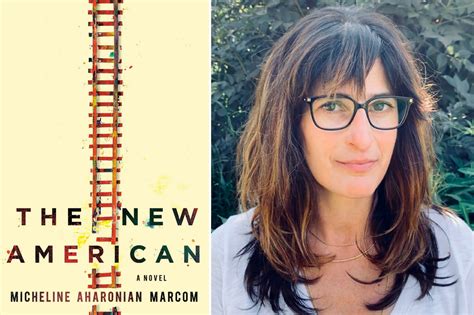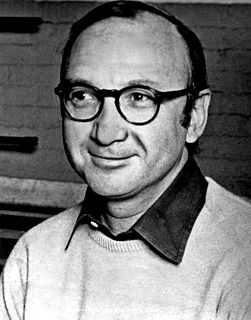A Quote by Joan Didion
It's hard to find a book that's safe to write. Because one always goes to dark or difficult places.
Related Quotes
You have to surrender to your mediocrity, and just write. Because it's hard, really hard, to write even a crappy book. But it's better to write a book that kind of sucks rather than no book at all, as you wait around to magically become Faulkner. No one is going to write your book for you and you can't write anybody's book but your own.
When I write a book I write the best that I can and so much of that for me is following the book's demands, the subject's requirements - I love books, I always have. They have always been one of the places where I have felt very happy in the world. When I was younger, I loved to read genre fiction - I loved the magic-carpet ride of story! Now I need other things - I need the beautiful particular and strange language and form which brings a writer's book to life in me and speaks to my intellect, and, dare I say it, to my soul.
For me, it's just a normal artistic endeavour to explore the dark side. Certainly, I'm not alone in it. Artists generally don't like to accept the version of reality that society and culture hand them. They want to know what's really going on. So you're always looking in the ceilings, under the floorboards and behind the walls, trying to find the mechanisms, the structures, and the truth. I find that often leads you into some dark places.
There are some words I find impossibly difficult ... 'Love,' 'feeling' and especially 'happiness' are at the head of the list. This is not because I haven't experienced any of them but because whenever I think about using the words I don't really know what anyone means by them. I'd find it easier to sit down and write a book about each (coming, obviously, to no conclusion) than to use them casually in speech or writing.



































